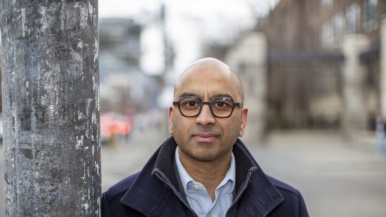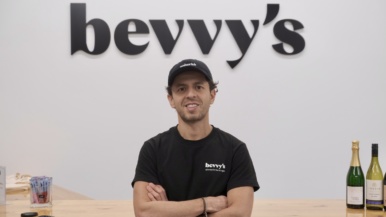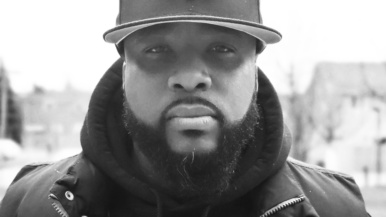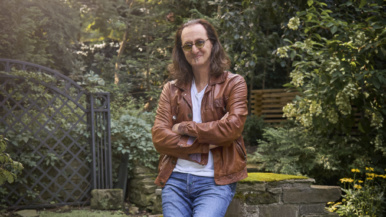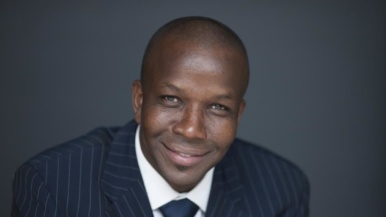Q&A: Alex Dagg, the super-lobbyist who’s trying to get city council on board with Airbnb

As Airbnb Canada’s director of public policy, you need to persuade government bigwigs that Airbnb is a good thing. Let’s hear your pitch.
Airbnb allows tourists to experience Toronto and homeowners to monetize their most valuable asset, providing a lifeline for thousands of families.
The Airbnb file will go to executive committee in June. Have you presented your arguments to Mayor Tory yet?
We’ve had conversations with various councillors and the mayor’s staff, but not yet the mayor.
Airbnb eats away at the hotel industry’s profits without having to adhere to the same bylaws or pay the same taxes. Don’t hotel stakeholders have a case?
They’re afraid of competition. There’s plenty of room for all of us. Plus, hotels are businesses: they have restaurants, a gym, a concierge. An Airbnb host who rents out his home? That’s residential.
Using a house to make money sounds pretty commercial to me.
Council may decide as much. But we are willing to be subject to the proposed four per cent hotel tax. Essentially, if an Airbnb currently costs $100, it would then cost $104.
So you just tax the guests?
We’d do the engineering on our platform to remit the four per cent for the hosts. It’s how hotels do it. We think it’s fair and appropriate.
How much revenue could that generate for the city?
From Airbnb? Maybe $2 million a year.
A recent report by the Canadian Centre for Policy Alternatives suggests Airbnb exacerbates Toronto’s affordable housing crisis, as people put their apartments on Airbnb instead of renting them conventionally, which reduces supply and drives up the prices. Is that a fair criticism?
I don’t think so. Last fall, we found there were only 760 Airbnb hosts in Toronto who earned more on our platform than they would have by renting conventionally.
Given the crisis of affordable housing in this city, don’t you think the 760 units you mention have an effect on rental prices?
I think the effect is minimal.
Everyone’s great fear about putting their house on Airbnb is renting to party animals, drug dealers or scam artists. There was one rental in the Woodbine Corridor recently that ended with tactical officers arriving with guns drawn. How rare are those experiences?
Extremely. In Canada, the property damage incidence rate on our platform is 0.01 per cent. And if you’re a problematic host or guest, we remove you from the platform.
I understand you won this job from a pool of nearly a thousand candidates. Why do you think they chose you?
I’m not sure. I have a background as a union organizer and I was a lead negotiator for the NHL Players’ Association. I’m no stranger to advocacy.
How did your experience at the NHL prepare you for this gig?
I learned how to negotiate. I’m a good listener and an effective communicator.
Are you a yeller? A stormer-outer?
I’m not a yeller. And I’ve had people storm out on me. I like to think I’m very straightforward.
As a union organizer, you represented hotel workers in labour talks. How does it feel to oppose those you once defended?
I see both jobs as advocacy, representing average Canadians who are trying to make ends meet.
Have any of your former colleagues confronted you about changing teams?
We’ve been in the same room. A lot of their emotionality comes from misunderstanding and fear of change.
Your company’s next big thing is called Airbnb Trips, which offers unique hosted experiences all over the world. What’s your favourite of the options so far?
You can have a tour of Nelson Mandela’s prison cell in South Africa, given by his guard. That would be amazing.
The pressure is on to get Airbnb regulated. But, if you’re successful, are you out of a job?
Well, Canada is a big country, so I’ll probably just move on to the next one.
This interview has been edited for clarity and length.
